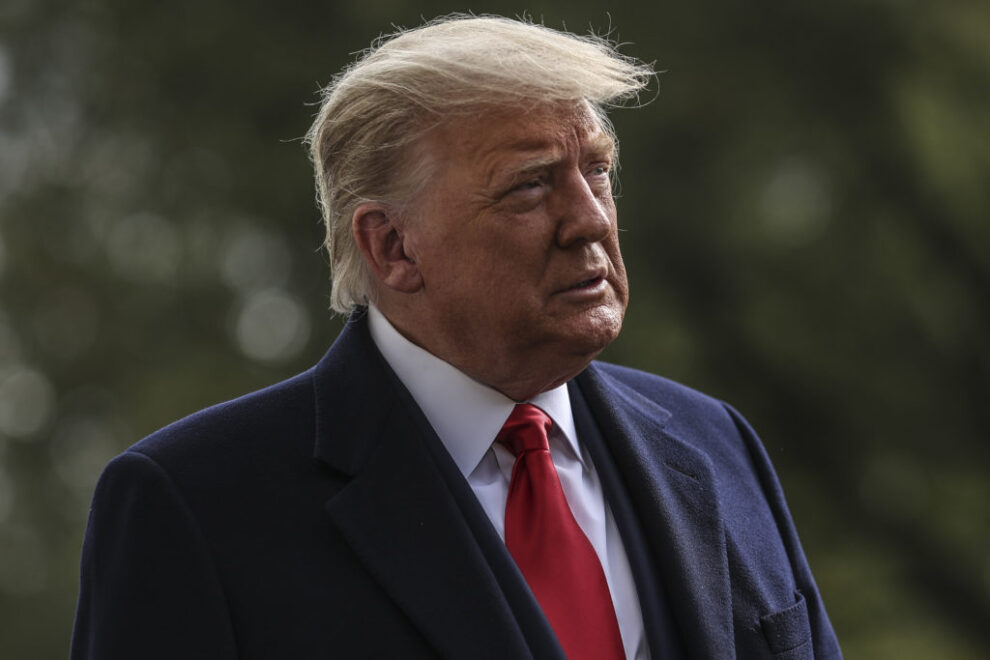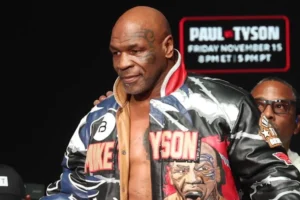Former president and current Republican presidential frontrunner Donald Trump was reportedly upset at his arraignment in Washington DC on Thursday. Trump, who has been indicted for allegedly attempting to overturn his loss in the 2020 election, is accustomed to being referred to by his cronies and sycophants as “Mr. President.” But US District Judge Moxila Upadhyaya called him, “Mr. Trump.”
Trump was, as a result, “sour and dejected” and “irked,” according to CNN.
Trump’s failure to receive the respect he thinks is his due is no doubt a small irritant for him. But it’s also a small blow for democracy. Trump is facing charges precisely because he saw the presidency as his permanent fiefdom. It is not, and Judge Upadhyaya took a subtle but important step to remind him, his supporters, and the public of that fact.
We call the president “Mr. President” as a sign of respect to the office, but that respect does not necessarily extend to the individual. Just like their position of power, the title does not stay with them for life.
Monarchs are, in theory, divinely appointed, and around them is supposed to hover a sacred aura. The King is King, in most cases, until his death. The power of his kingship is always his, and he passes it on to his children, who are semi-divine by connection.
But none of that is true of presidents. There’s nothing sacred about a president, Dark Brandon memes notwithstanding. Joe Biden is just a guy who got appointed by the public to do a job. Donald Trump, for his part, is just a guy who got fired by the public from his job. Being president doesn’t make you better or worse than the polity you served. There’s no permanent glamour conferred on you; that’s what it means to be an elected representative in a democracy. The power is in the office, not in the person.
Trump, though wants to be called “Mr. President”, which is wholly consistent with his approach to the presidency—an approach which has landed him in court.
Trump has always seen himself as a special, annointed leader, who serves by right rather than by public sufferance. Even before 2020, he made it clear repeatedly that he would only accept election results if those election results confirmed him in the belief that he deserved to rule America. In 2020, he lied about his loss and encouraged a violent coup in an effort to remain in office. Trump has still not admitted he lost the election, and a majority of Republicans still believe, based on his lies, that the election was rigged, and that Trump is the legitimate president.
Trump wants to be called “Mr. President”, therefore, both to confirm his narcissistic entitlement, and as part of his political strategy. He believes he is above elections and above he public; he thinks he embodies the presidency rather than having merely occupied the office for a time. More than that, though, his claim that he embodies the presidency has become central to his reelection efforts.
Trump’s Republican rivals would, under normal circumstances, argue that Trump lost, and that the party would have a better chance of regaining the presidency with someone else. But Trump has neutralized that claim by insisting, falsely, that he did not lose, but was robbed. He is, in his own mind and in the mind of his followers, still the rightful ruler—still the rightful “Mr. President.”
But he is not. He’s not the public will made flesh, as some right wing leaders claim. He’s not a hereditary scion, as monarchist leaders are supposed to be. He’s a politician who (narrowly) won office, and then lost it. The only thing he should be called formally in court is “Mr. Trump.” Outside court, though, he can go by other names. Such as “traitor.”
Source : Independent










